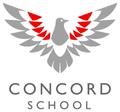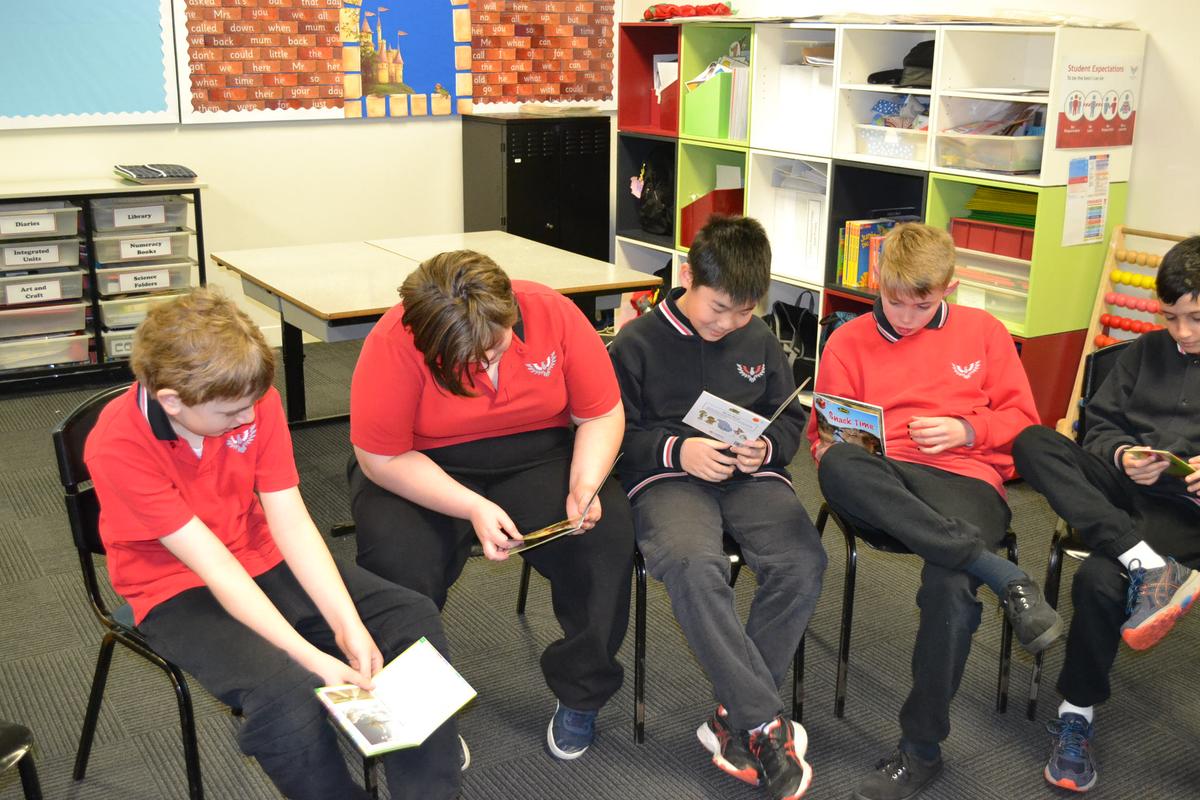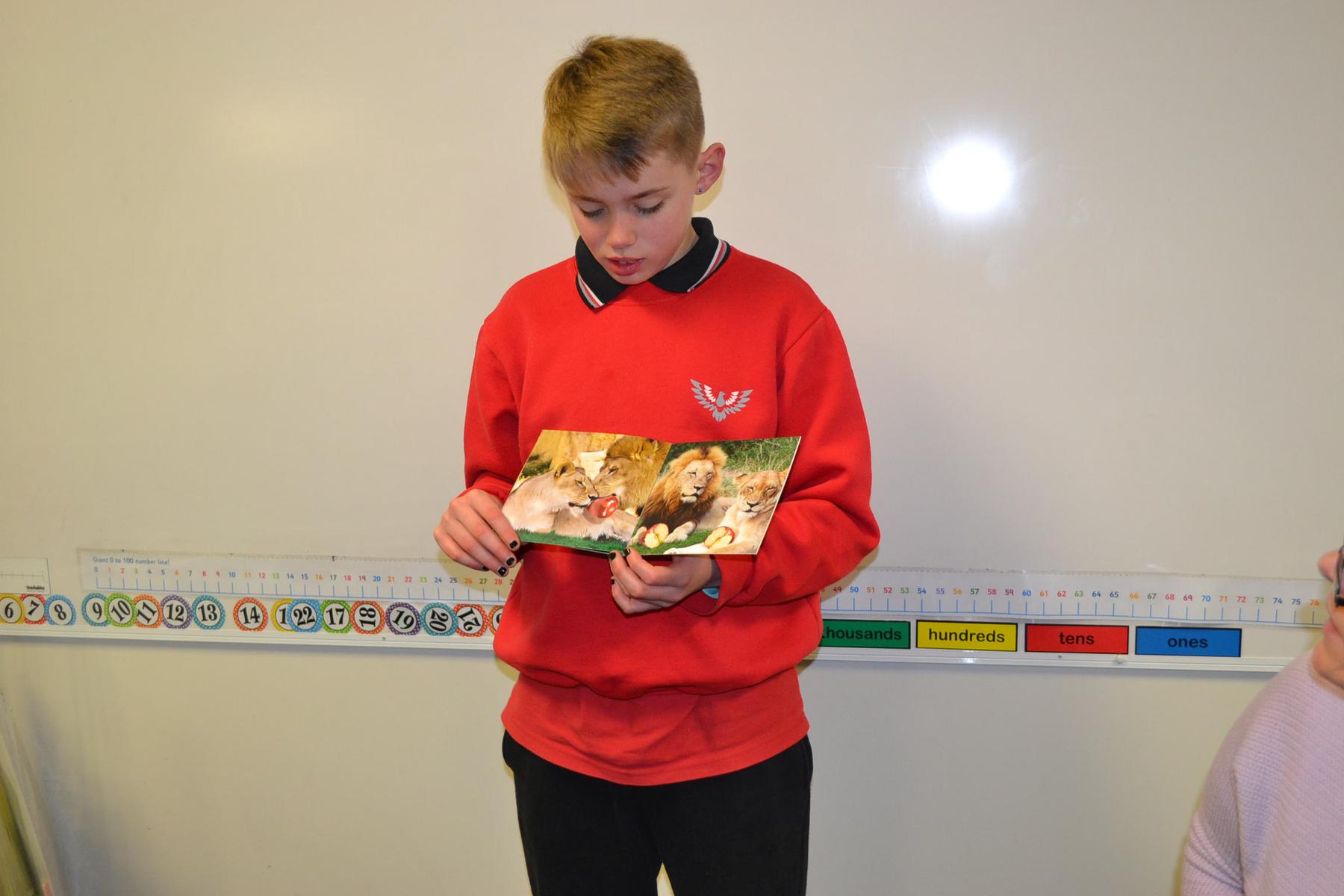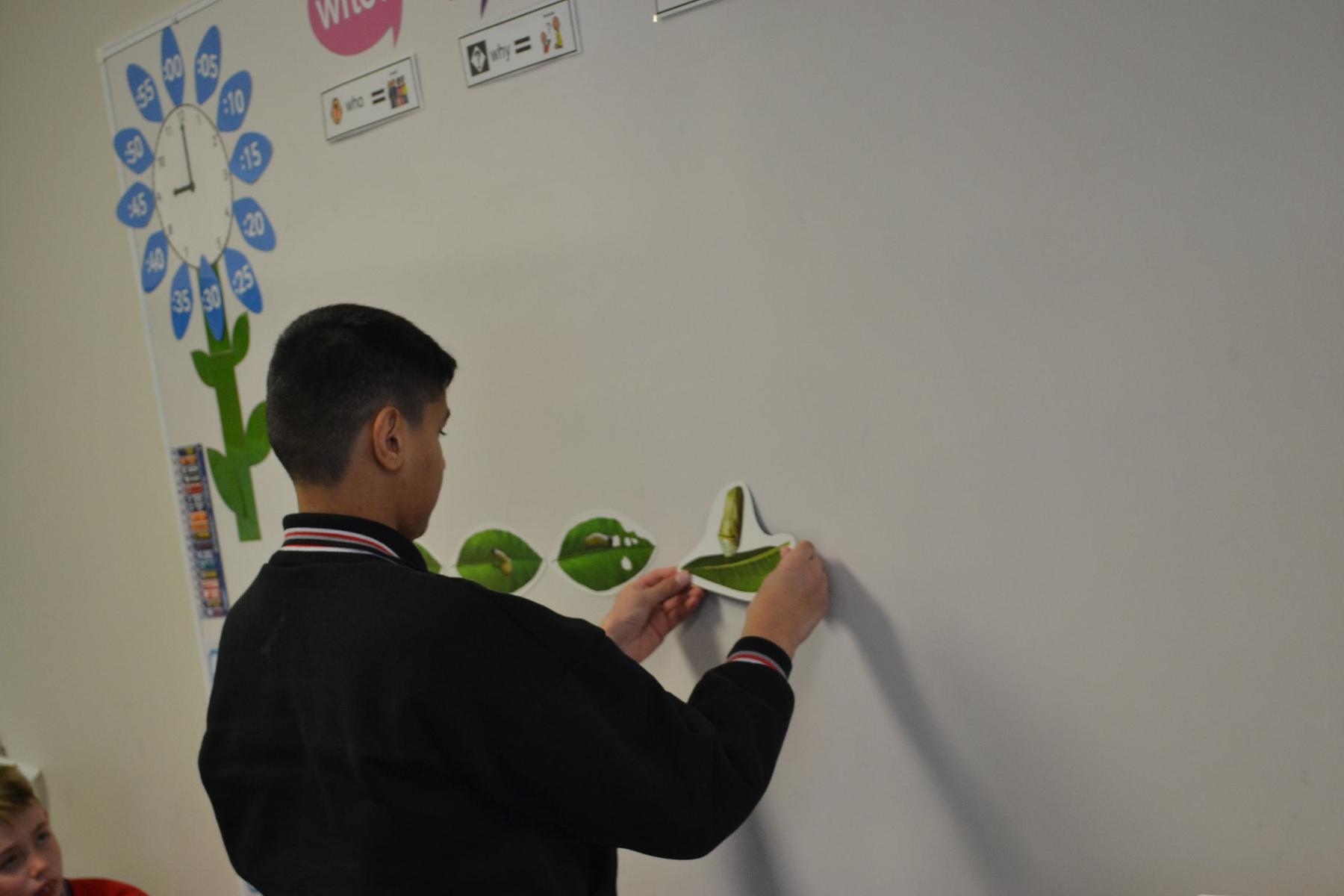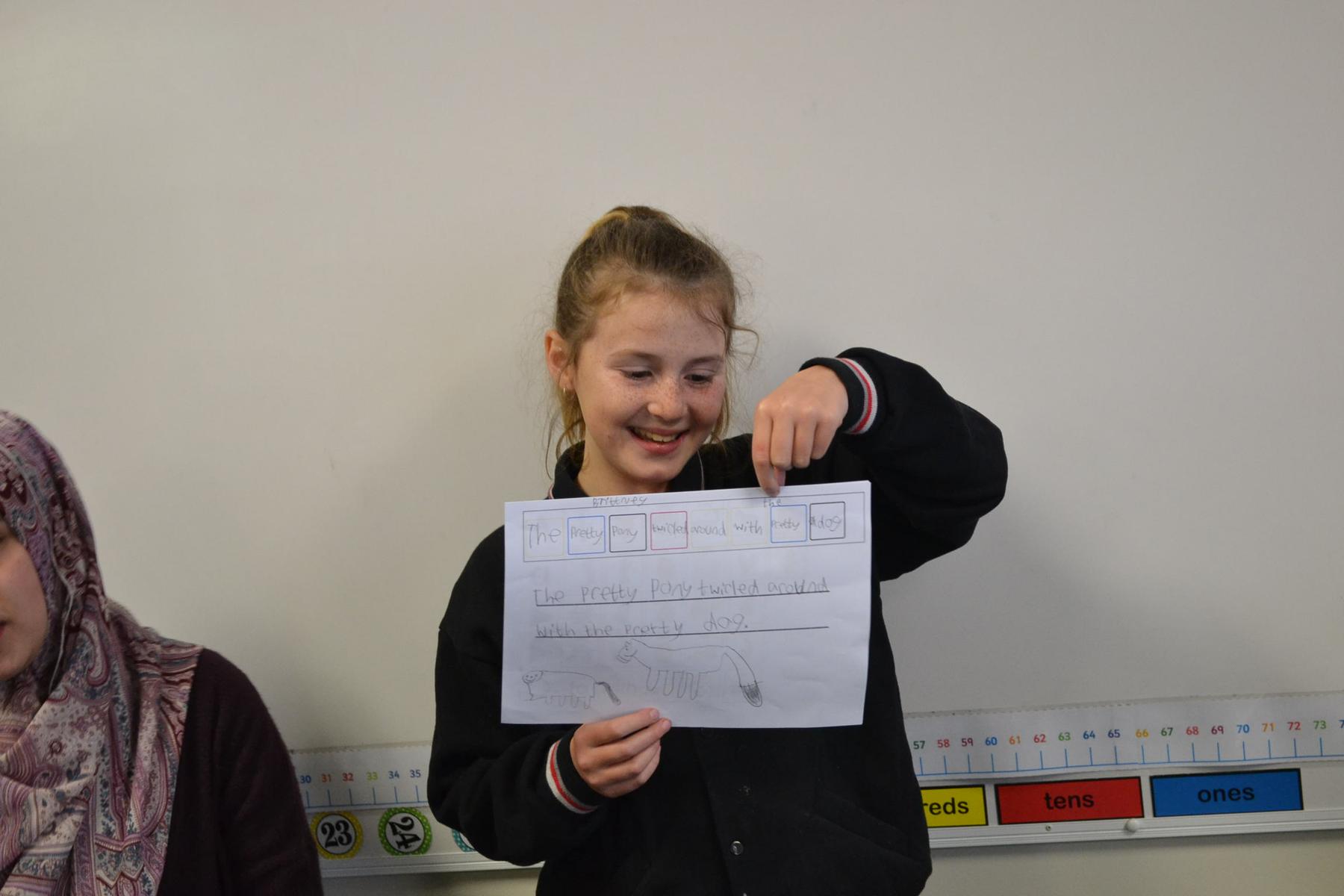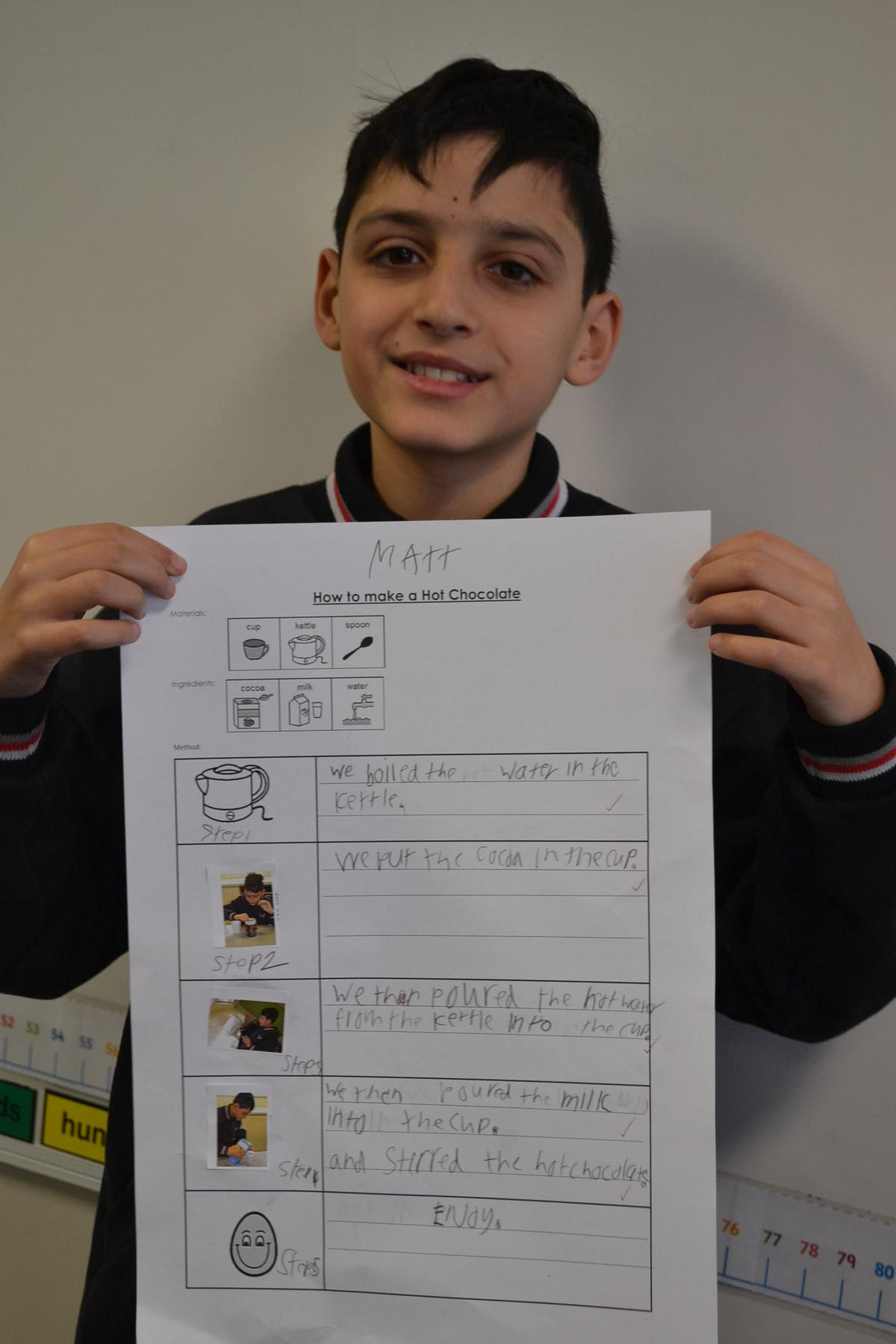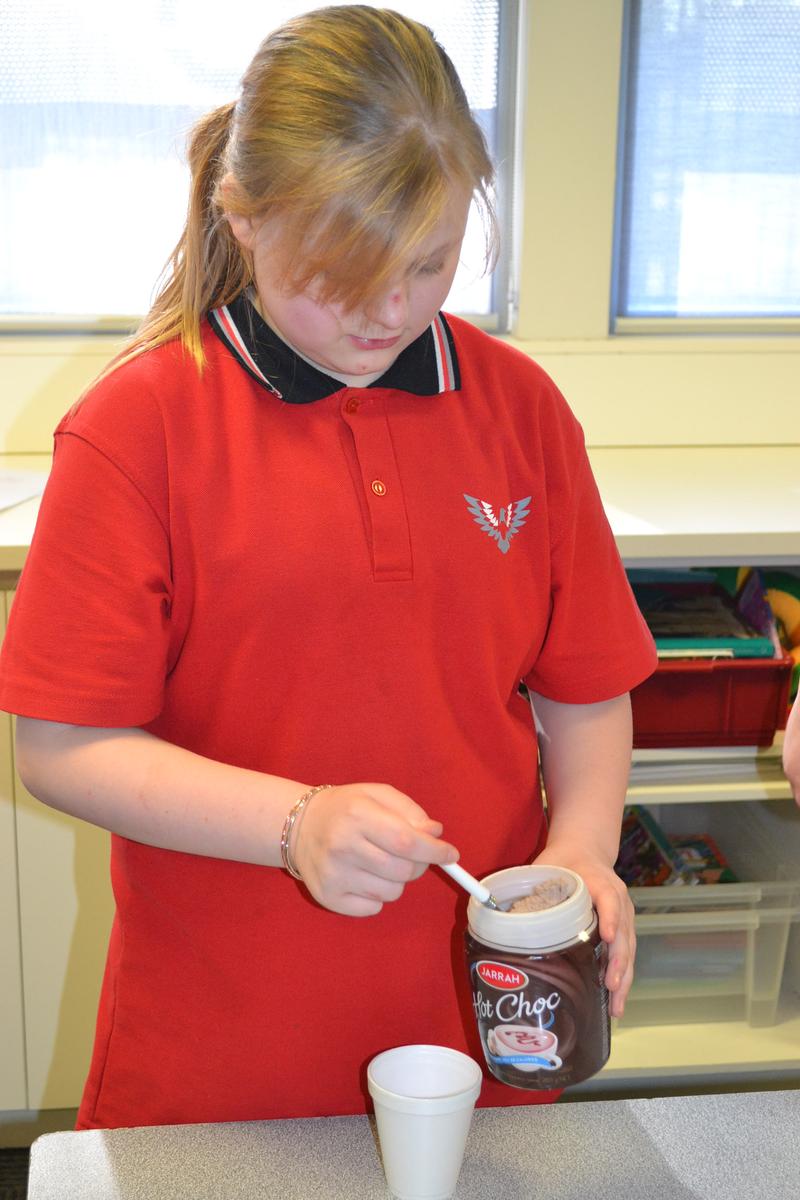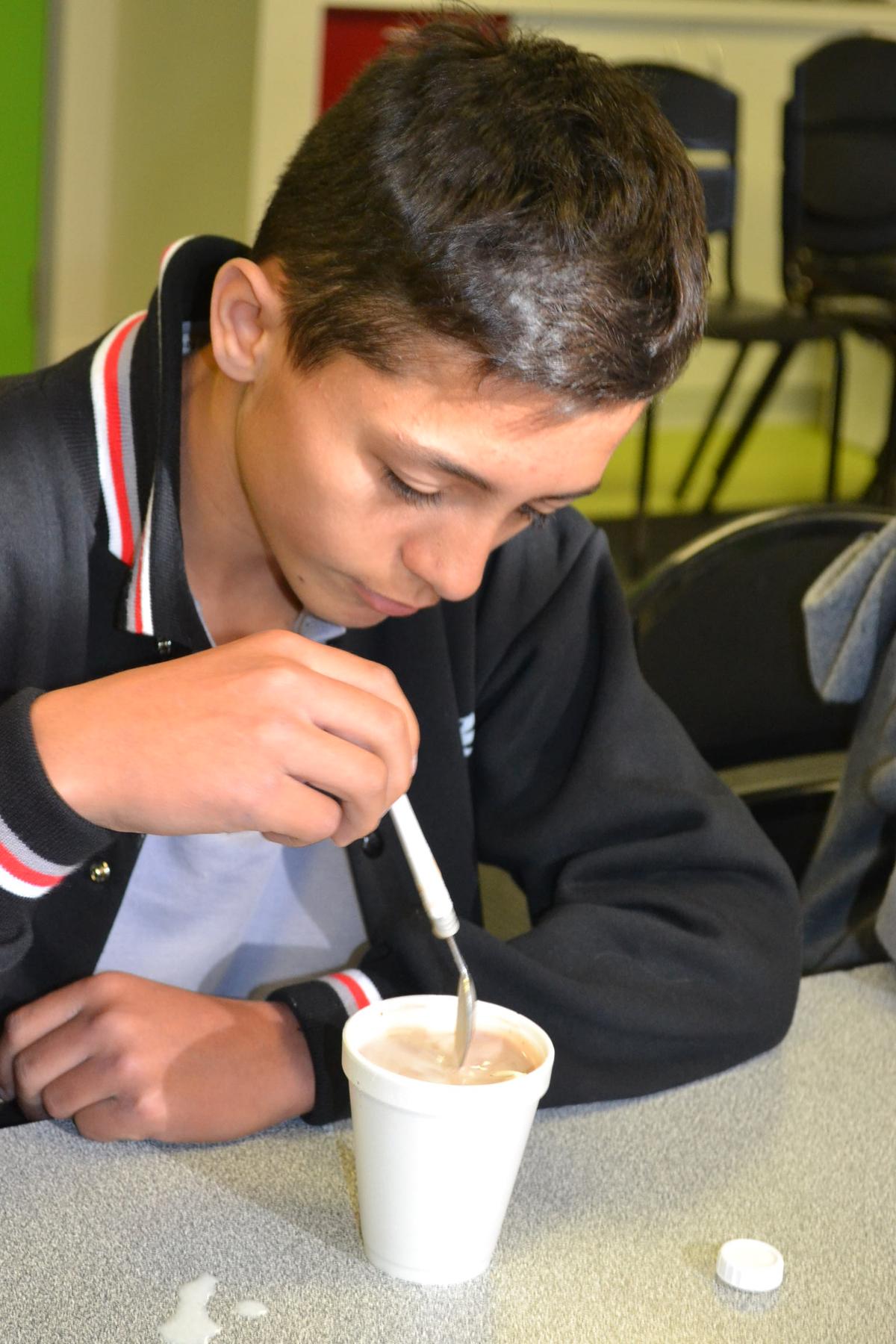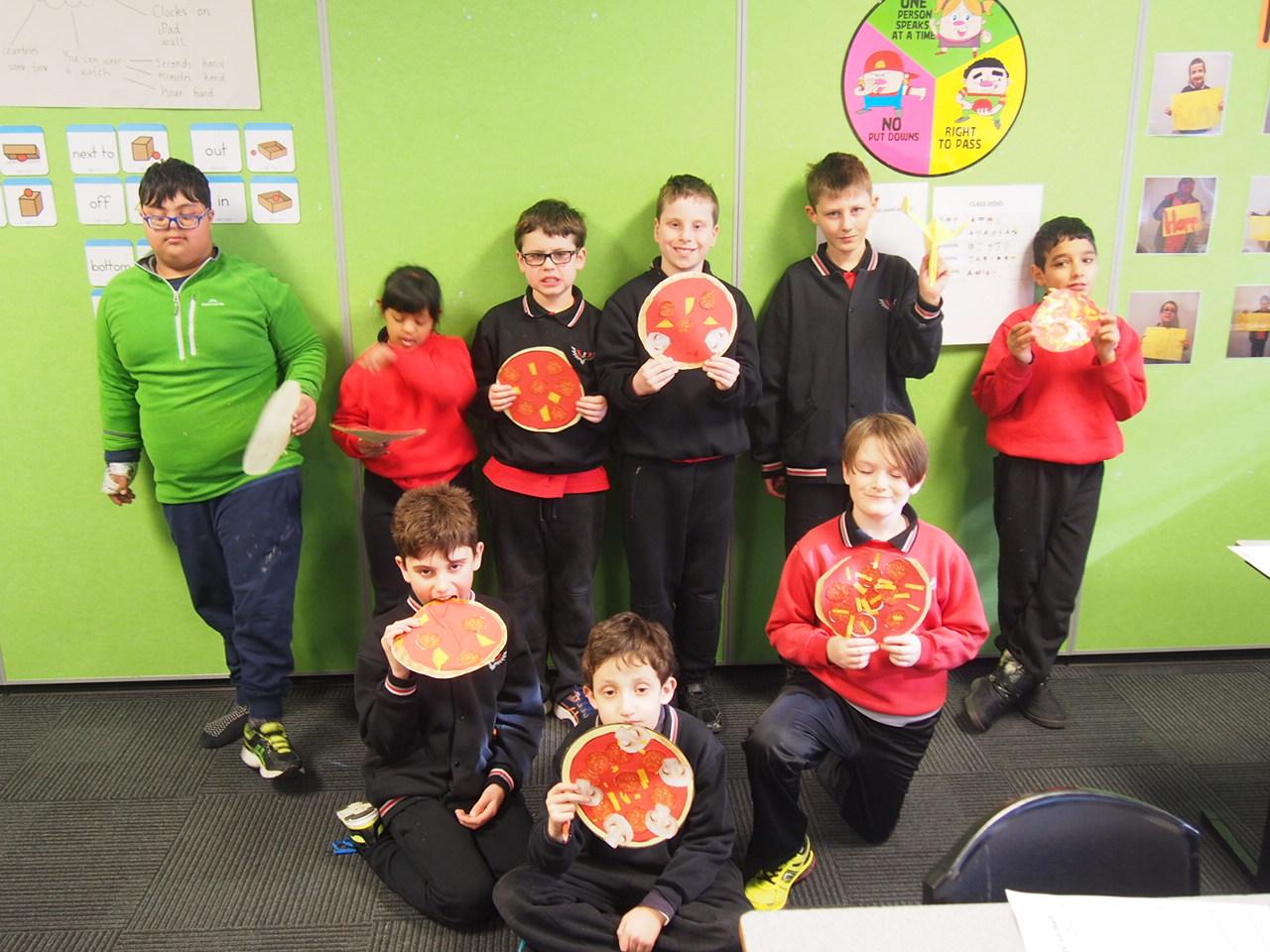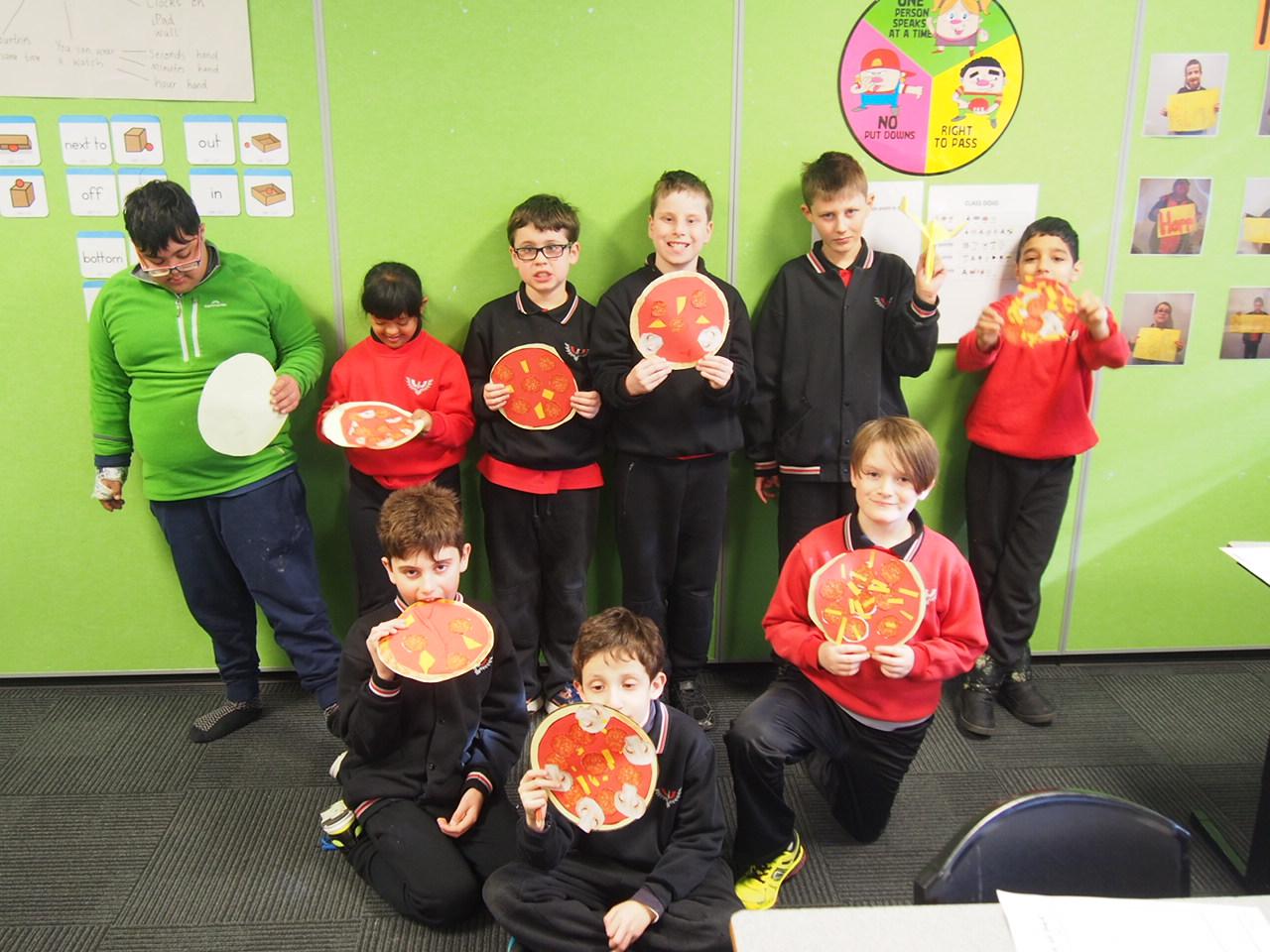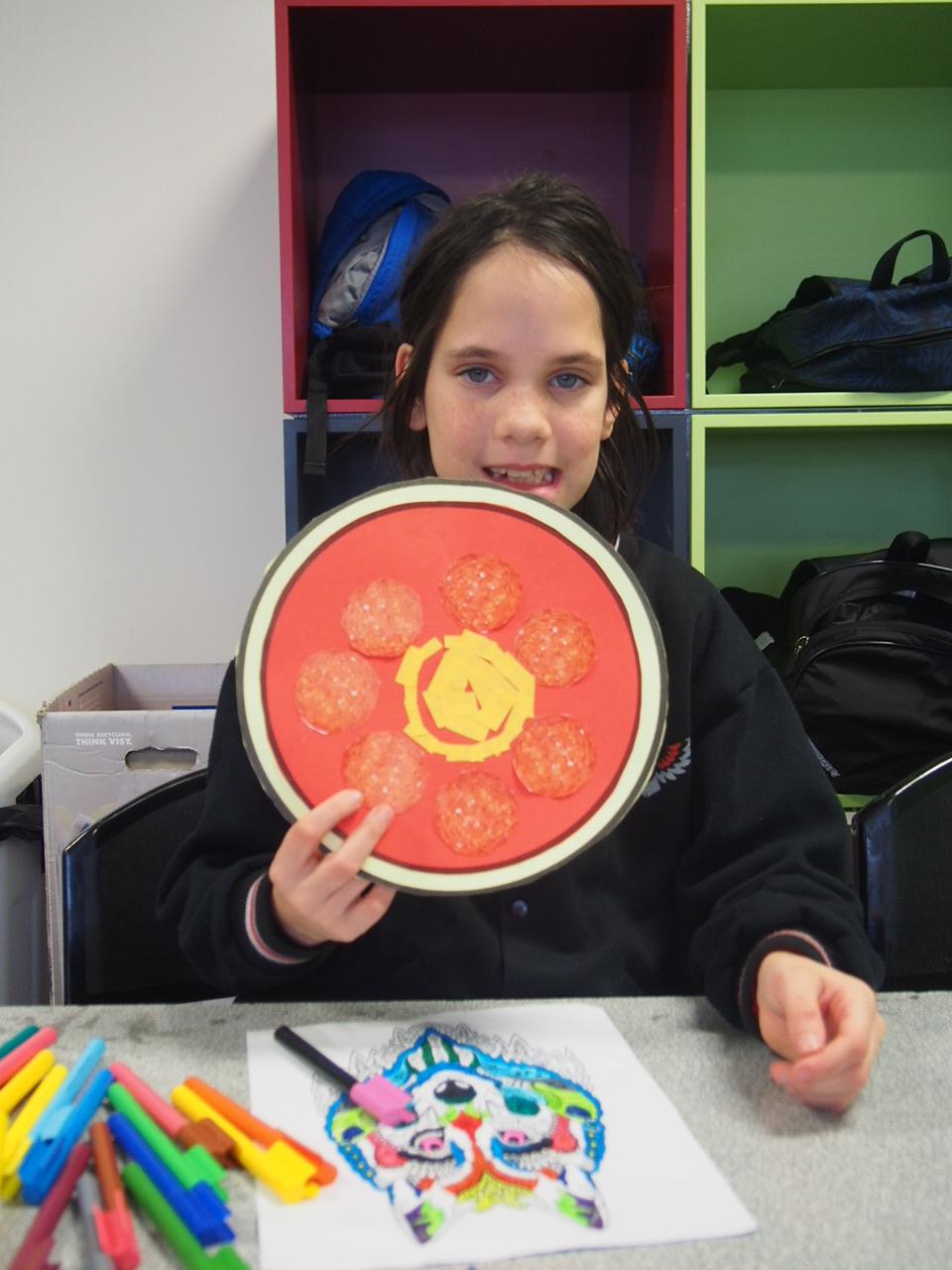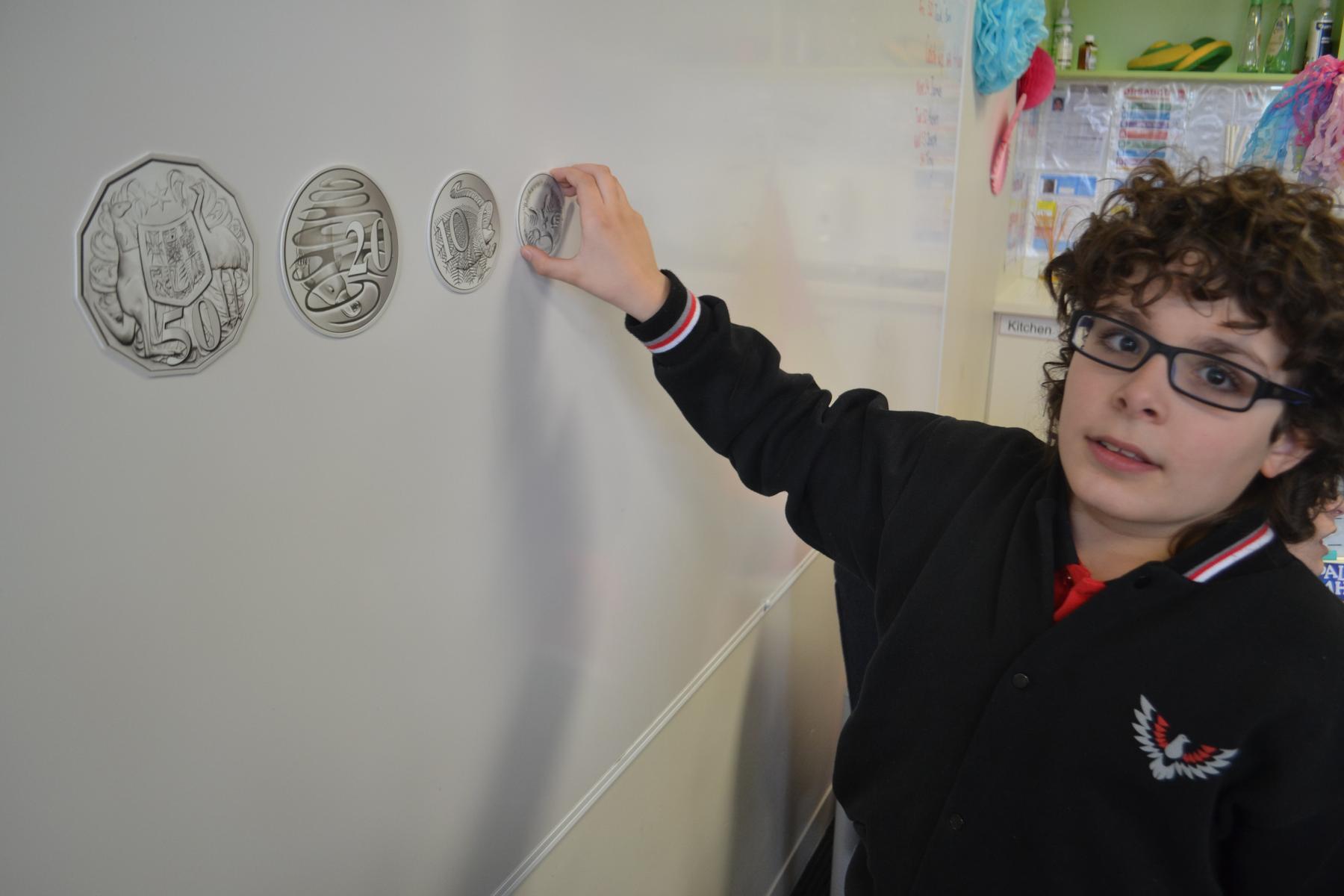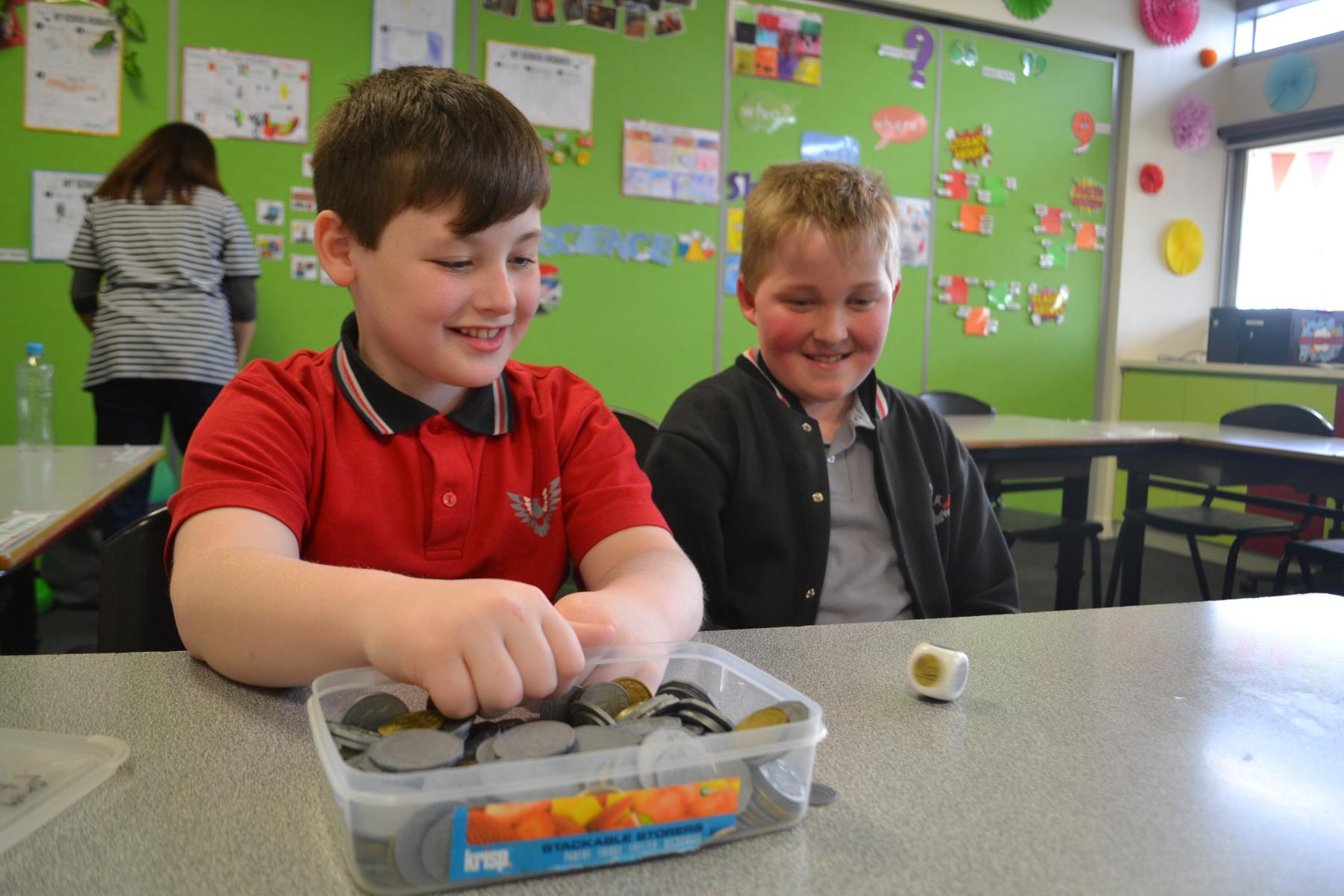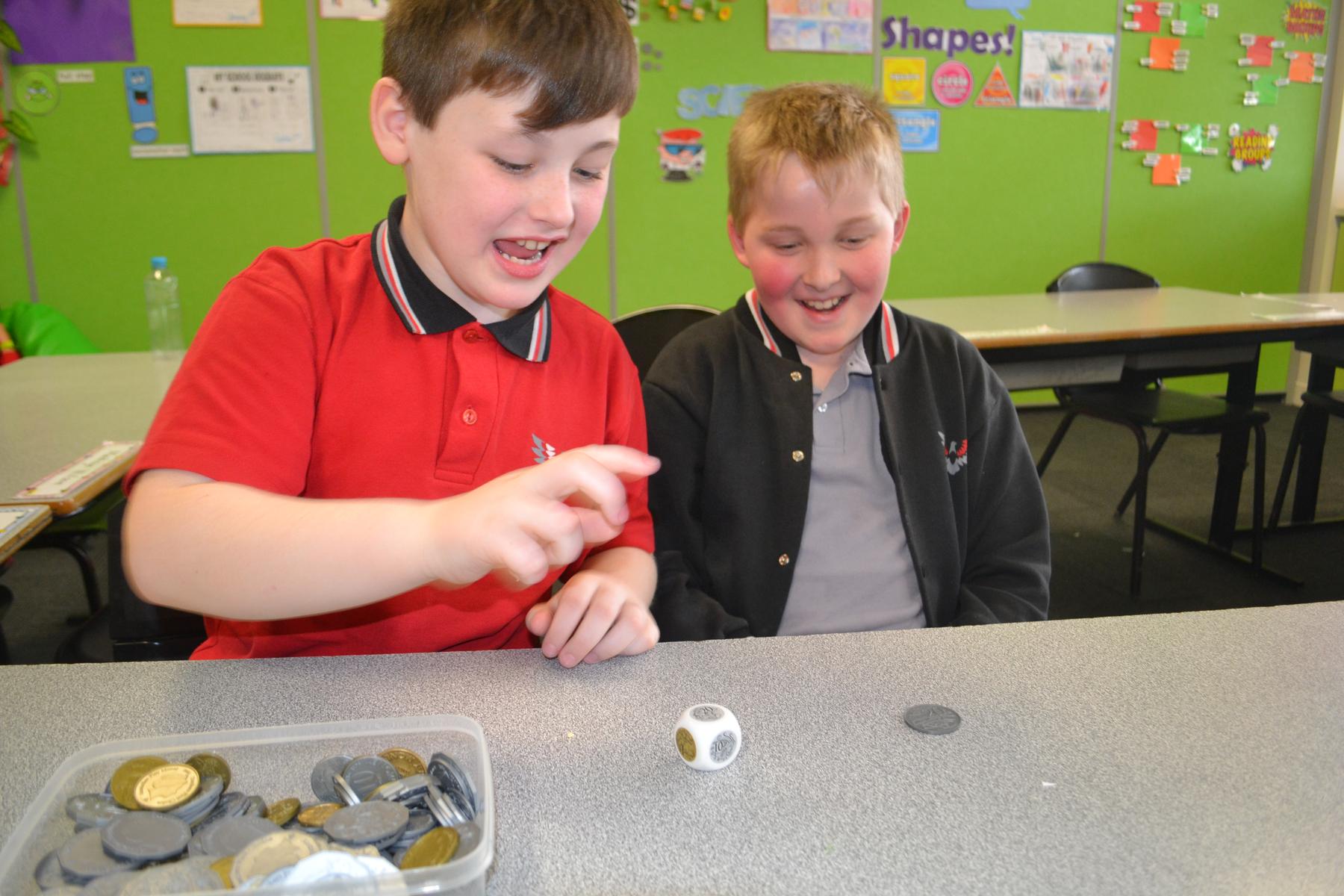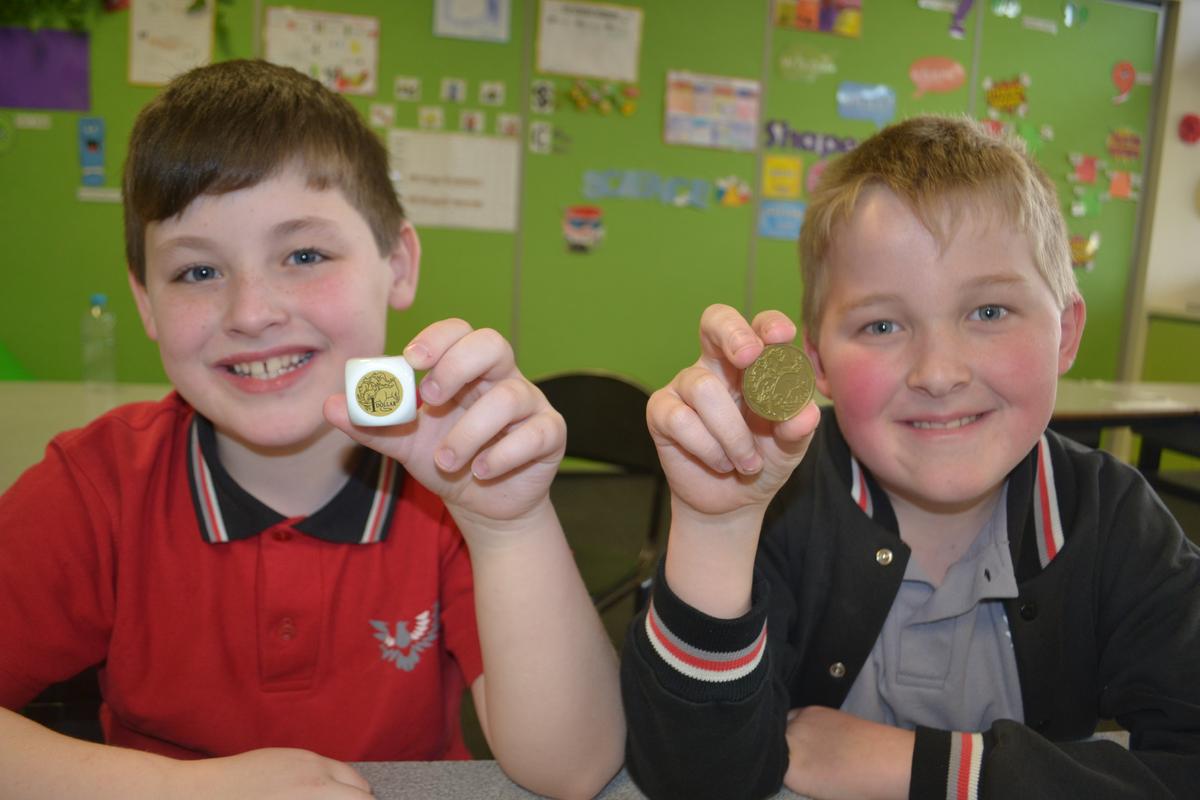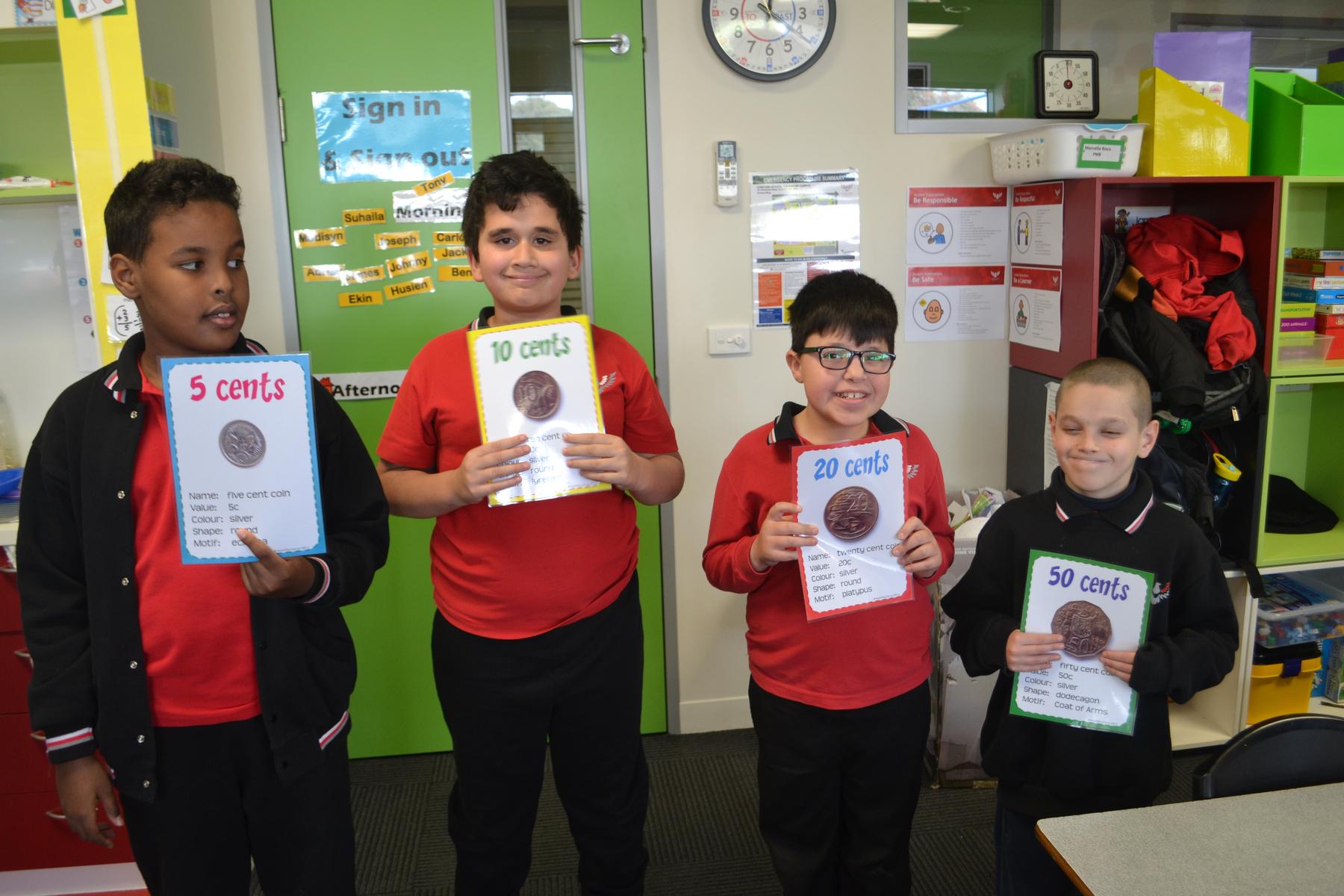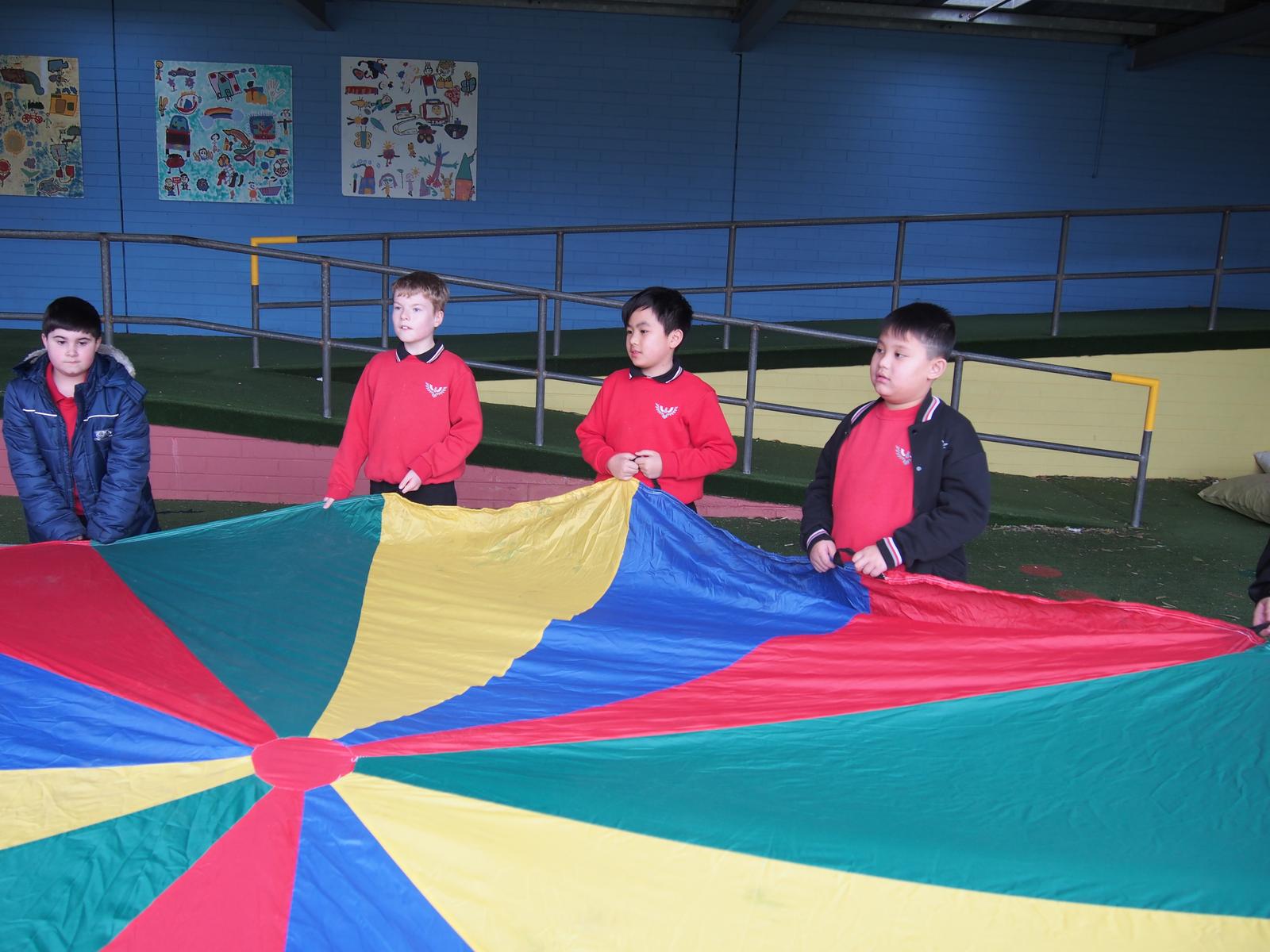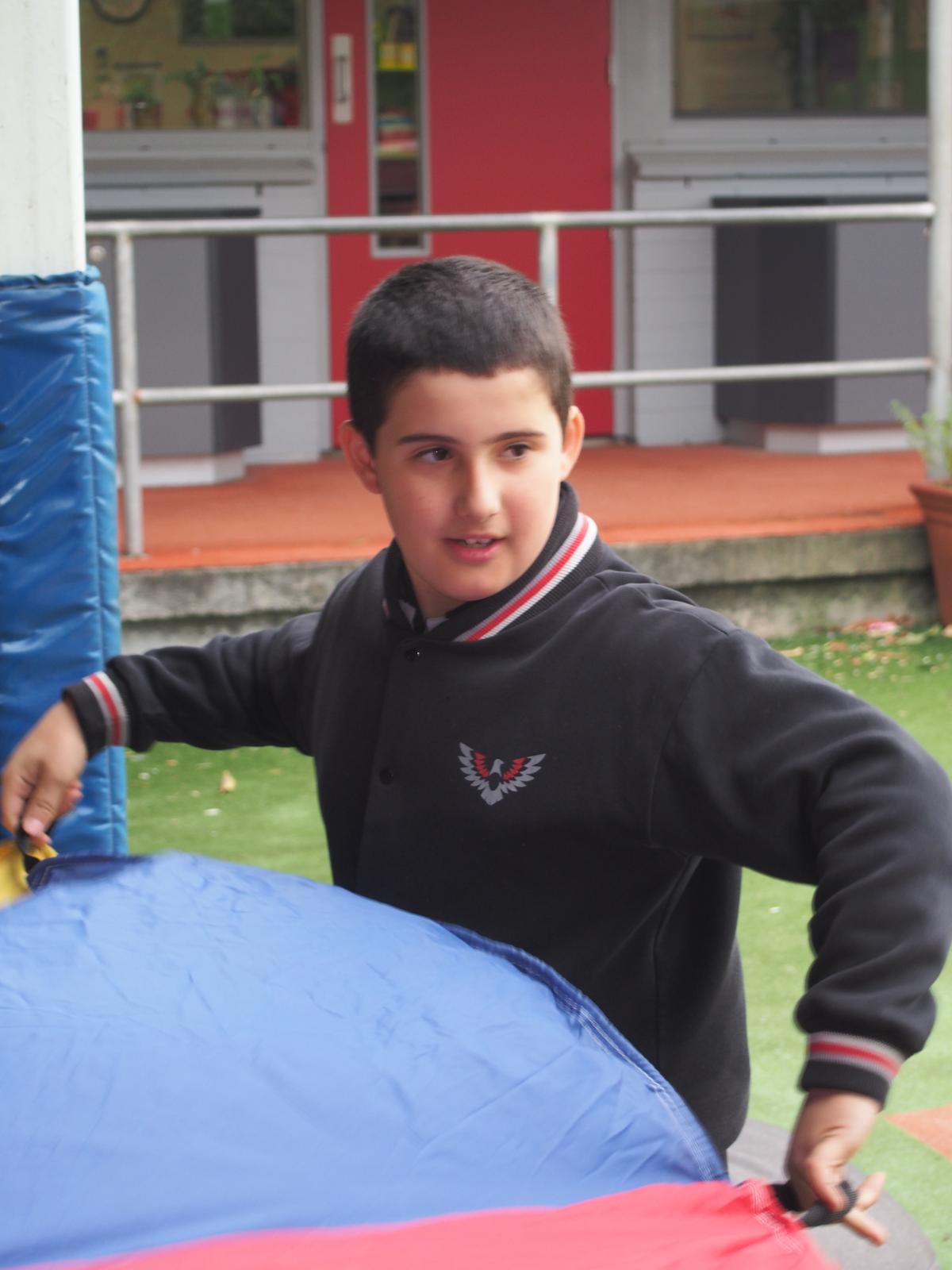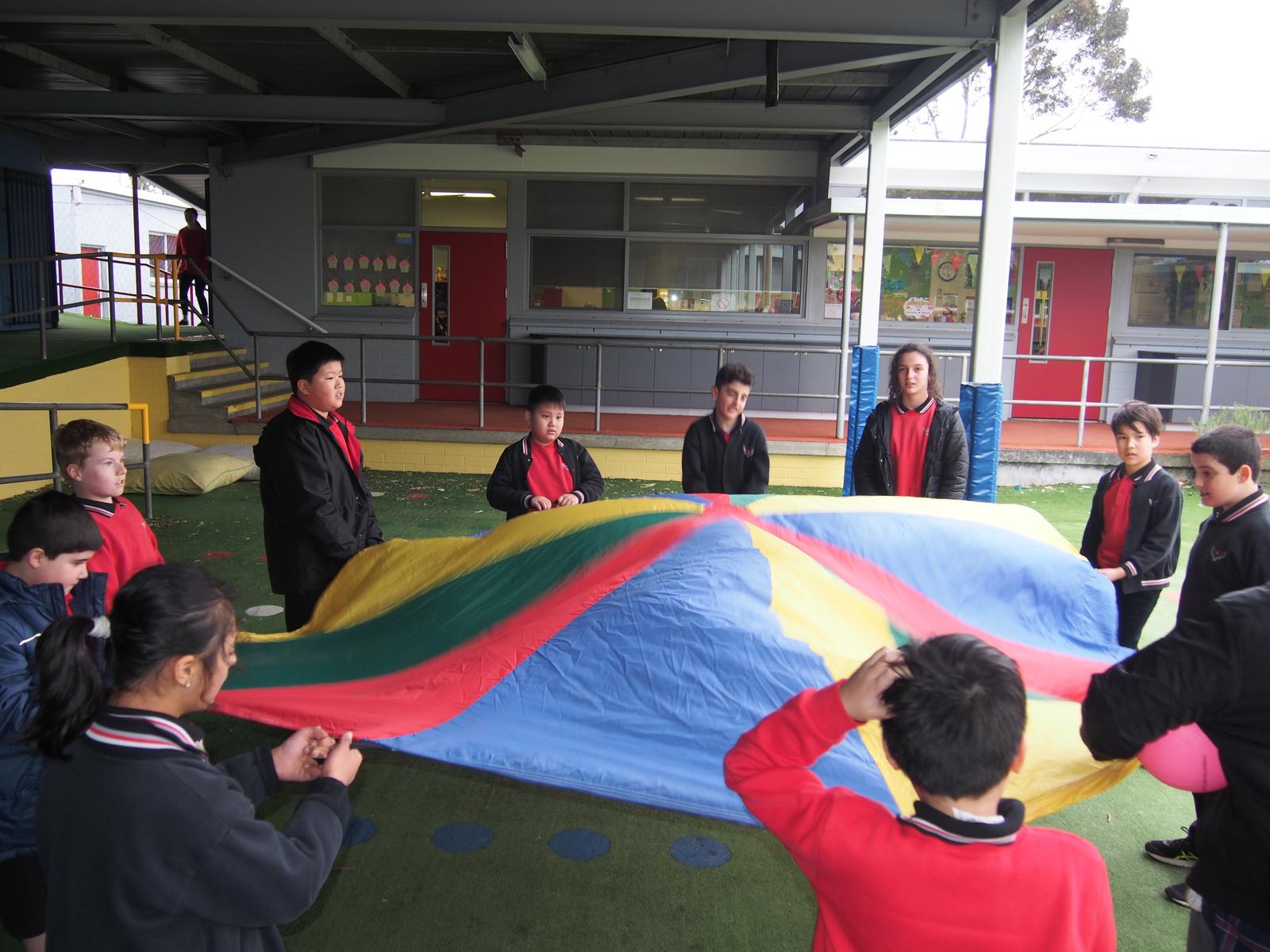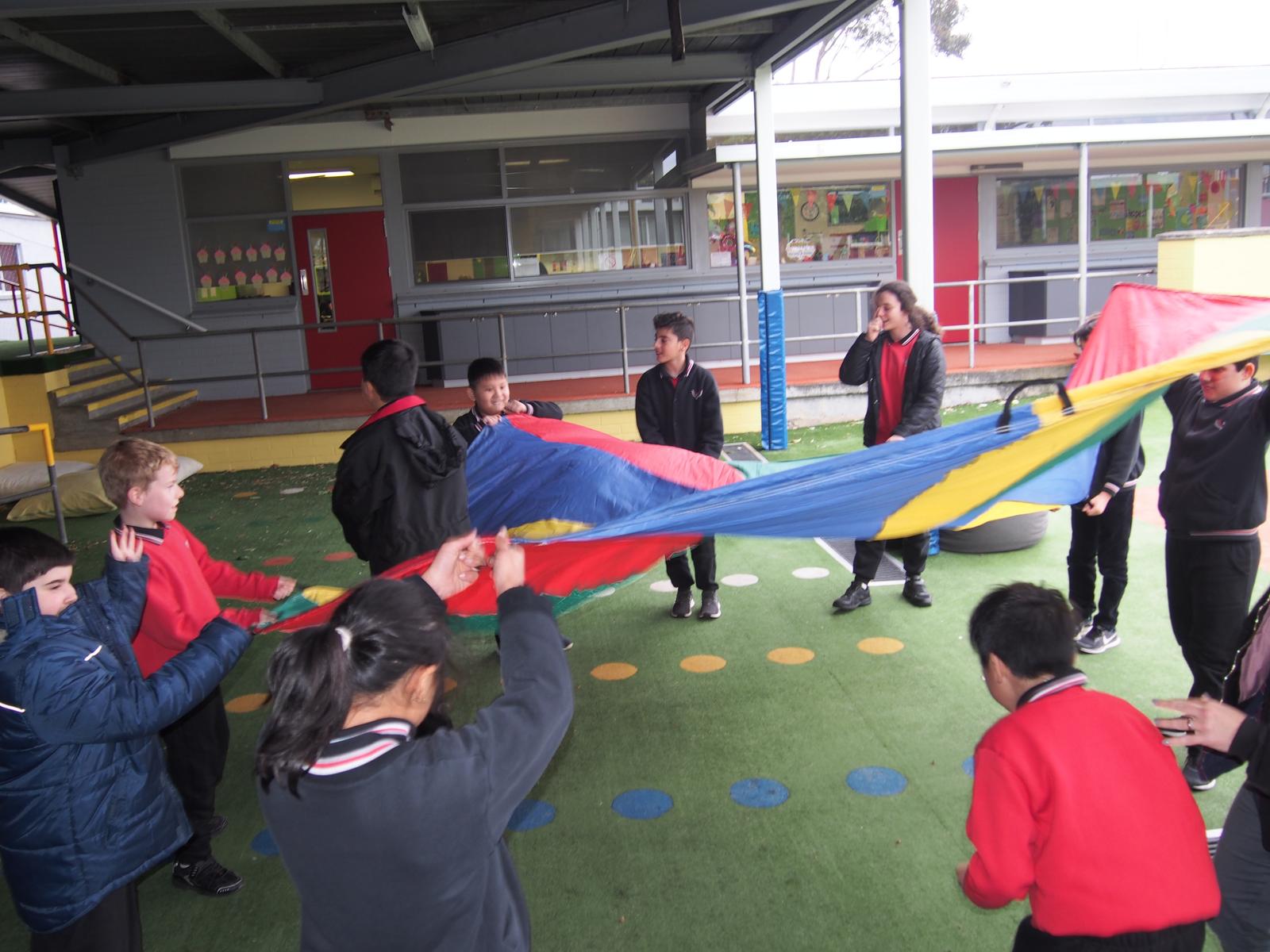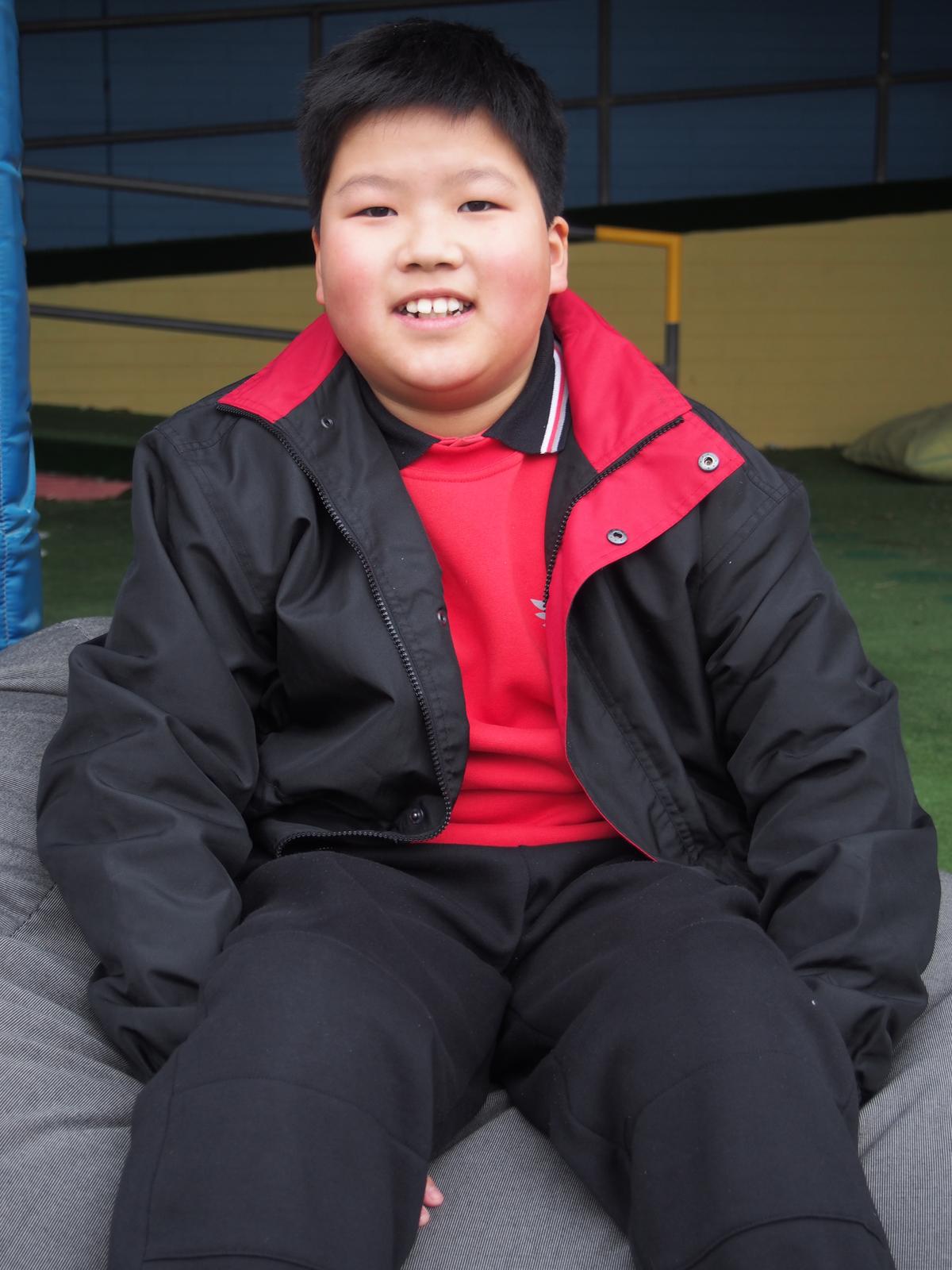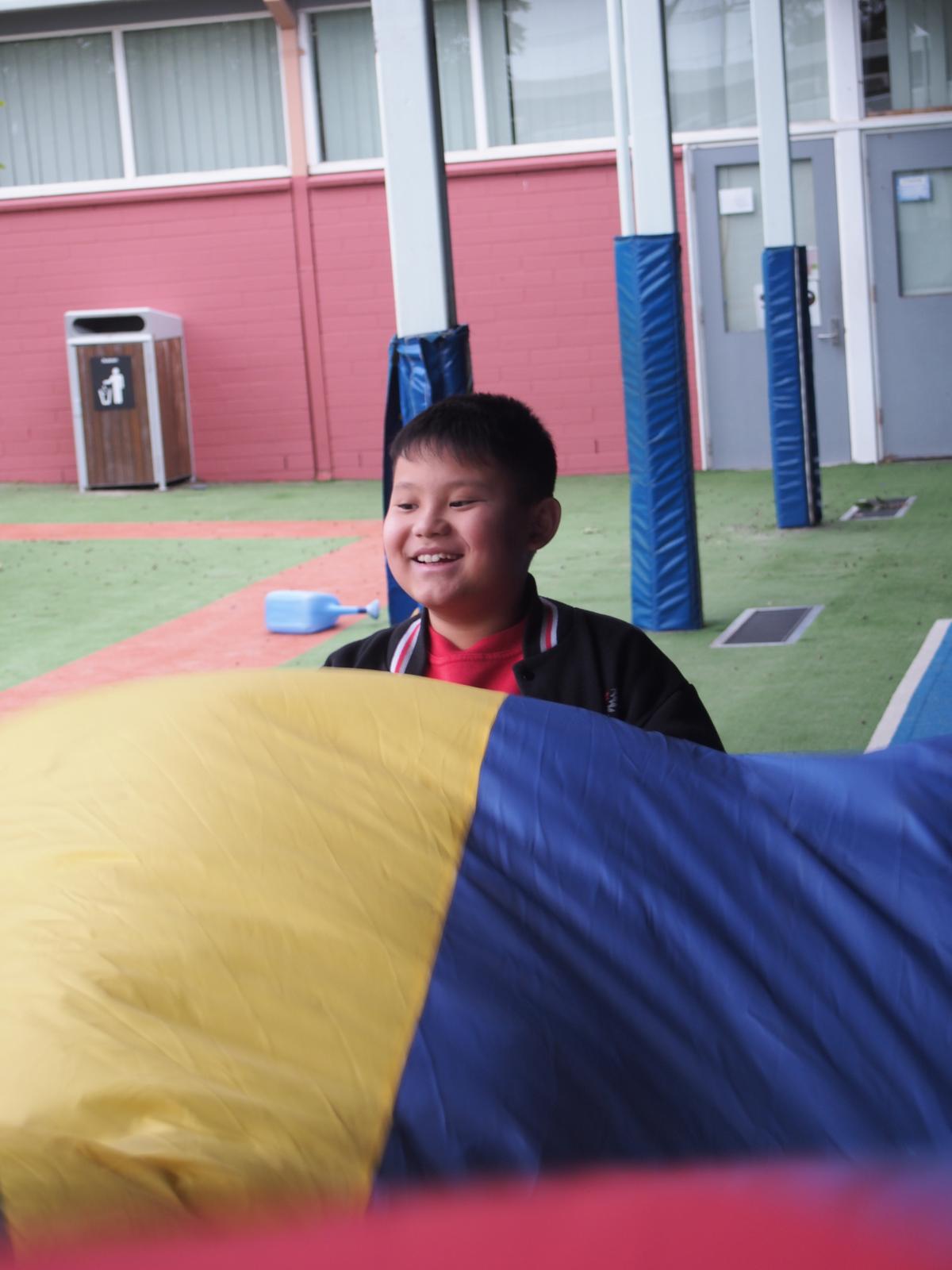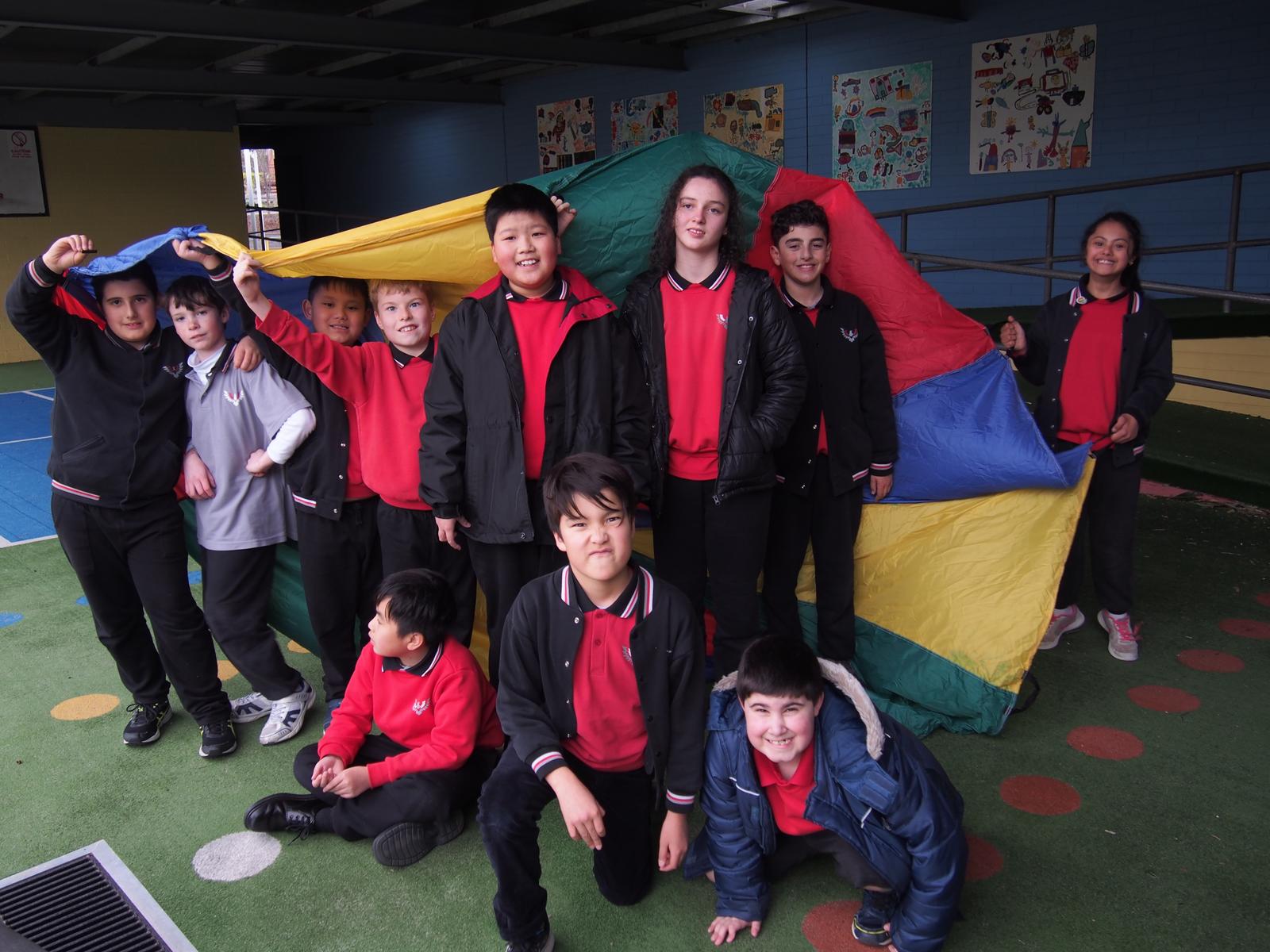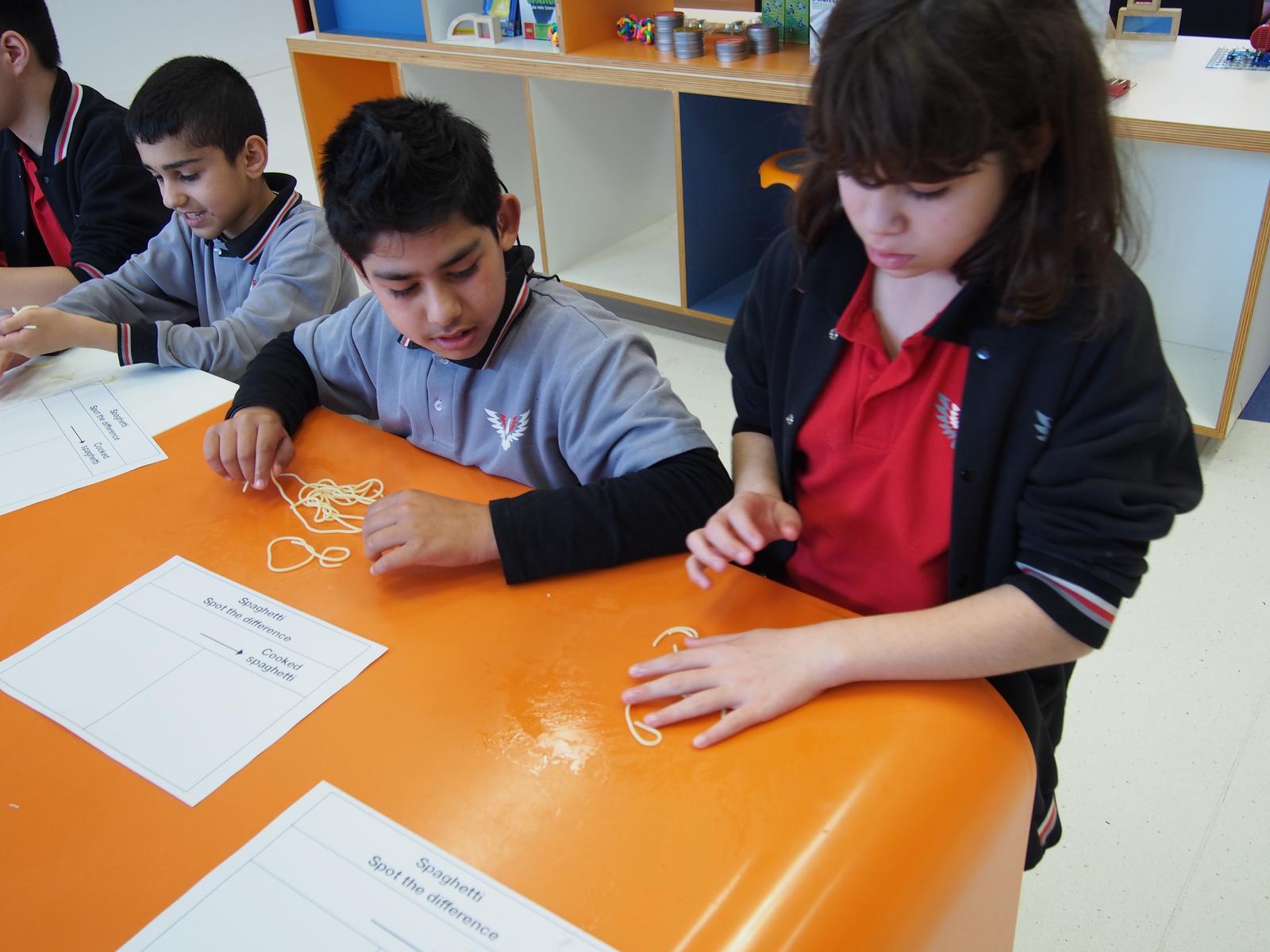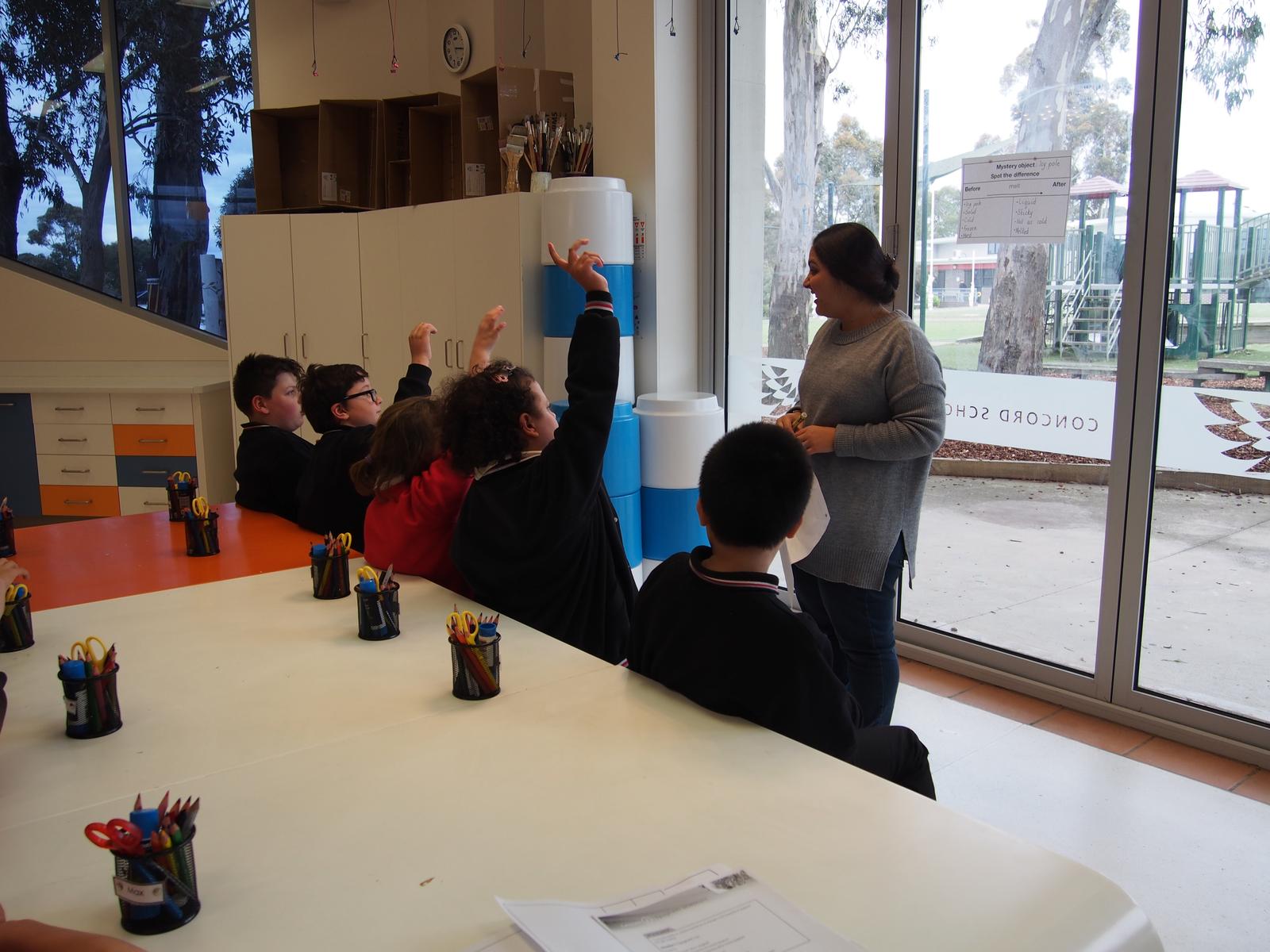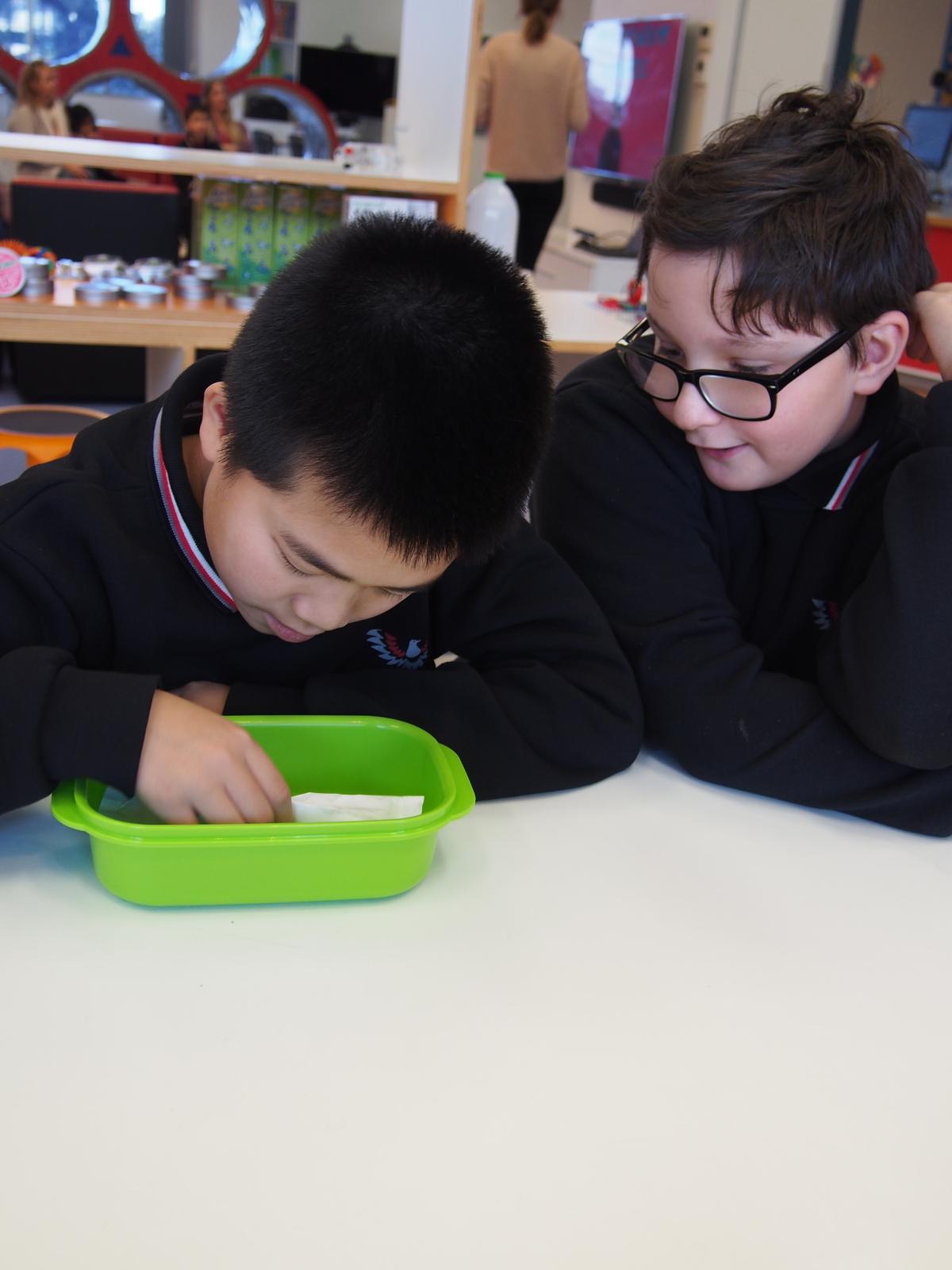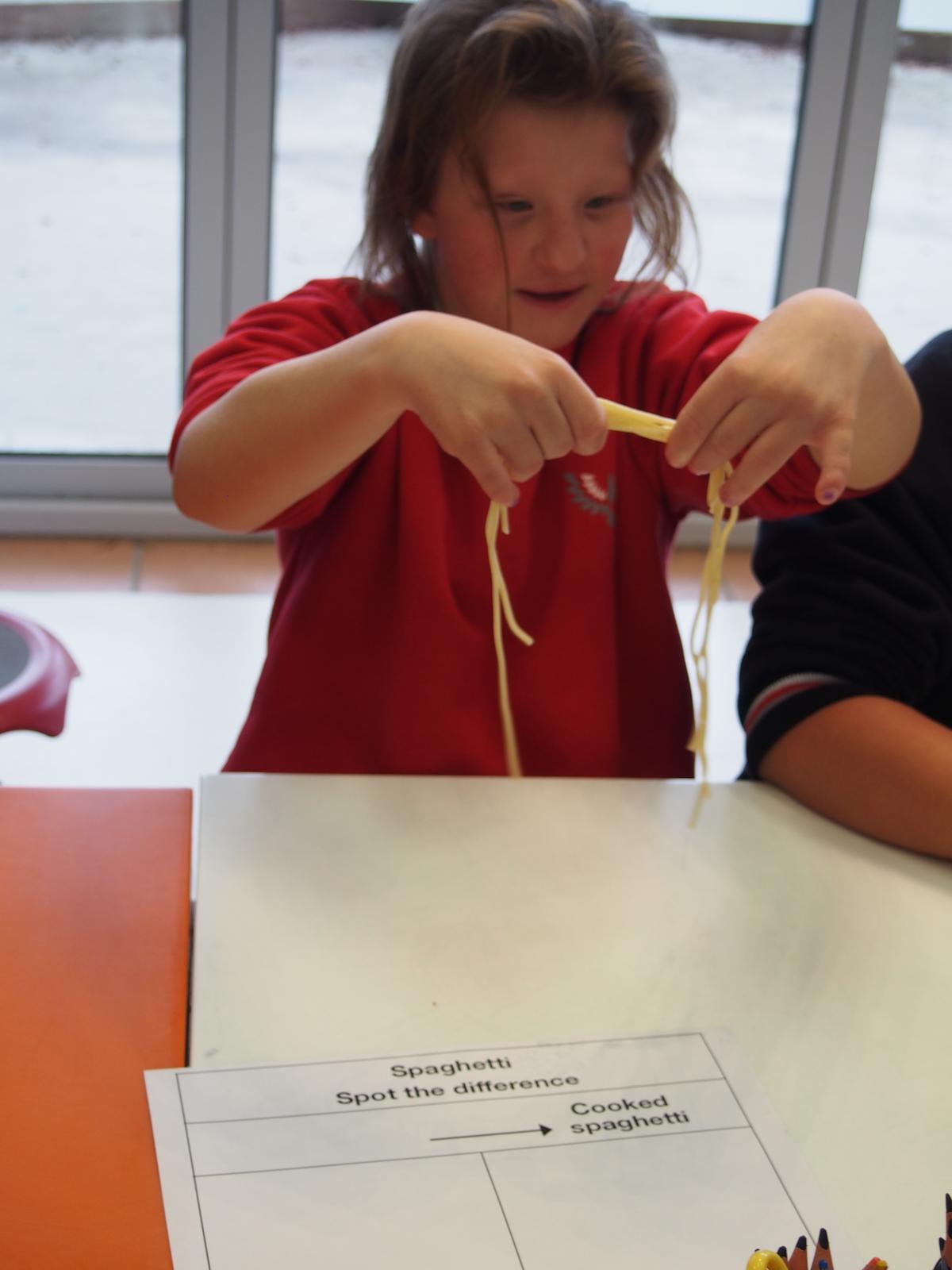Upper Primary Learning
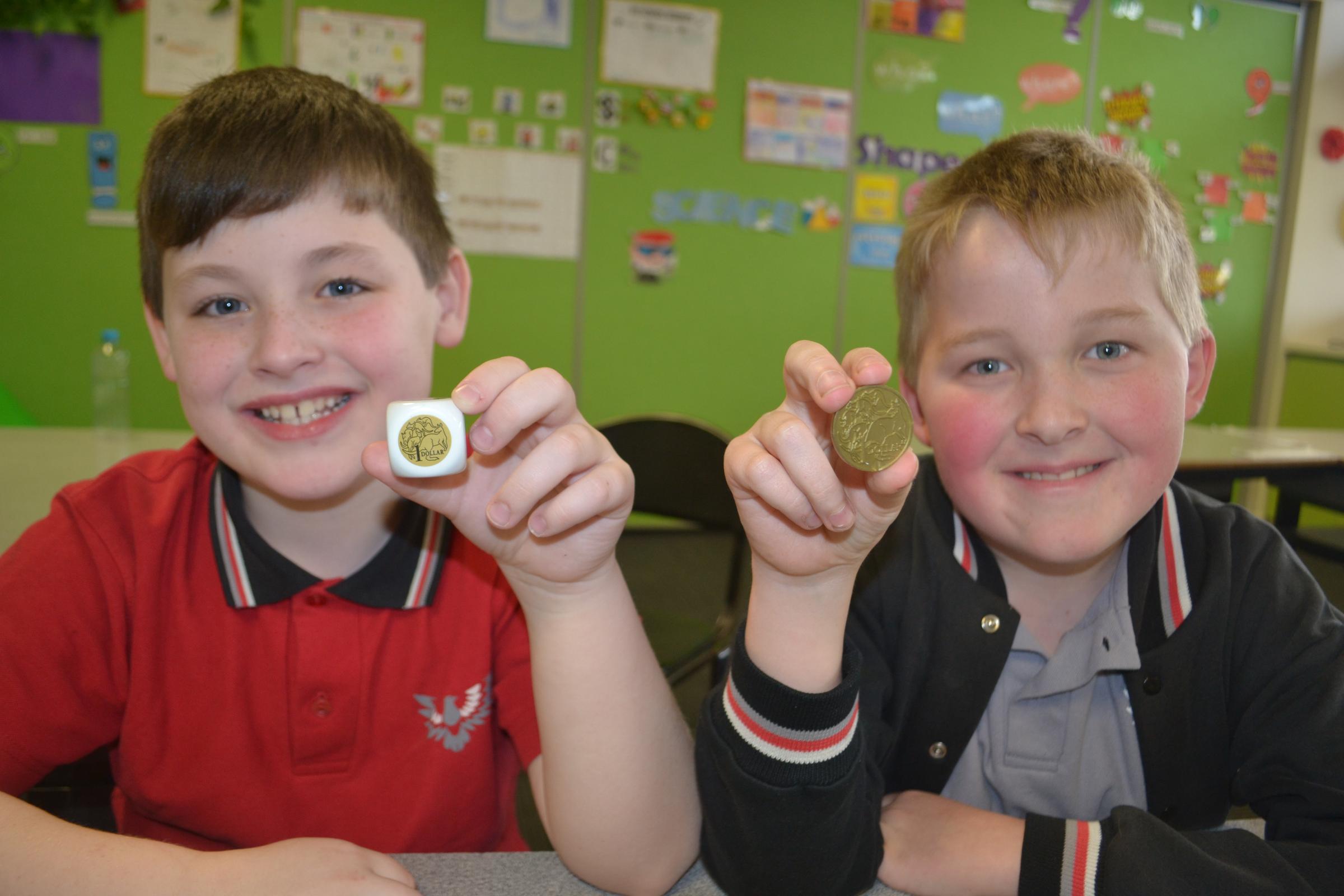
Welcome
Welcome to term three! We hope that the holidays were a time of rest and relaxation for you and your child, and that the break provided an opportunity to connect with family and friends. This term a number of new students have joined Upper Primary. We would like to extend a warm welcome to Tyreesha (PDJ), Ocean (PCS), Phu (PSP) and Rhys (PJF).
English
Over the past couple of weeks the students have been focussing on Visual Language as part of the Reading and Viewing curriculum. Visual Language looks at the different kinds of images in narrative and informative texts and how these images contribute to meaning. In class groups’ students have discussed visuals from a variety of texts and explored how images can be designed to evoke certain feelings about characters in narratives. A few of the learning activities students have engaged with to deepen their knowledge and understanding of visual language include:
- picture walks (what can we find in the picture)
- sorting images as real or imagined
- question cards (answering questioned based on images – who, what, where)
- reading wordless texts (what story is told by imagery alone)
- drawing images to communicate a feeling or personality trait
The students will be focussing on writing Procedural texts for the first five weeks of term. They have listened to and viewed a variety of procedures including recipes, instructions and science experiments. Classes have discussed the purpose of a procedure and explored features such as: title, ingredients/resources/materials, steps and conclusion. Students have gathered knowledge through practical experiences and collated this information on a graphic organisers in preparation for writing a procedure. They have spent a lot of time building vocabulary around procedures. Classes have generated lists of action verbs (cut, stir, glue, mix) and looked at time sequence transition words (first, next, then, finally). Some of the procedures classes are currently writing about include:
- How to make hot chocolate
- How to make popcorn
- How to make playdough
- How to make a paper pizza
- How to make chocolate
- How to make a paper snowman
- How to make fairy bread
Mathematics
In mathematics the students are currently learning about Money. They started the unit by exploring Australian coins and notes in terms of colour, shape, size and value. Some classes have moved on to counting collections of notes or coins using skip counting (eg. counting out 20c to make $1.00) and have been making equivalent values using different combinations of notes and coins. Many grades have set up a classroom shop where they have been practicing exchanging money for goods. When purchasing items from the classroom shop students have been:
- practicing exchanging money for goods
- identifying the cost of a specific good and exchanging the correct coin for the item
- calculating the cost of multiple items and exchanging the equivalent value in notes or coins for the goods
- budgeting – how much can be bought with a given amount
- change – how much will I get back?
The current focus for Measurement and Geometry is Shape. Classes started off with a shape hunt around the school. Students used iPads to take photos of the different shapes they found. These photos were used to generate discussion around how to classify the shapes and their different properties (2D: sides and corners, 3D: faces, edges, vertices). Students have used a variety of materials to make models of 2D (triangle, circle, square, rectangle) and 3D shapes (triangular prism, cone, cube, rectangular prism).
Social Competencies
Over the past 3 weeks, students in Upper Primary have been exploring Self-Perception. In the first week we thought about our physical features and drew a self-portrait of ourselves with things that we like in the background. In week two we decorated puzzle pieces with things that we like and things that we’re good at and put them together to show how we fit as a team.
We also practiced giving each other compliments! Lastly we practiced positive self-talk by making posters where we glued speech bubbles with positive words around a photo of ourselves! The unit has been really fun and I’ve loved hearing about all the kids and their individual strengths and personalities!
Integrated Unit
With a new term we start our new integrated unit on ‘Spot the Difference’. This unit of work is based on Science.
Over the last 2 weeks PSP have been focussing on the changes in the properties of different materials. For example, they have been looking at spaghetti and how it feels, smells and looks when it is cooked compared to when it is uncooked. They have been discussing how some materials can be changed back to its original form (e.g. ice melts to water, then it can be frozen again to make ice).
PJT also looked at Spaghetti. They watched time lapse videos of changes in the kitchen. They played with cooked spaghetti and made pictures of what it could represent based on its properties. They then made 3D shapes using uncooked spaghetti. They made a chart outlining the differences between the two.
PMB discussed the differences between cold and boiled water and what these are used for.
PCO made hot chocolate and looked at the changes that the chocolate powder went through. They talked about dissolving and the effect of stirring had on the chocolate powder as well.
PDJ have looked at the changing state of ‘Matter’ by using chocolate buttons (solids) and melting (liquid) to put into chocolate moulds (back to solid). The students then wrote up their experiments as a procedure.
The students in PJF have looked at the changes an icy pole goes through when left outside. They have talked about whether this was a reversible change. They then wrote words to describe those changes.
PKO popped pop corn. The students looked at the differences and the changes between the corn kernels and the popped corn. They took photos and then wrote up what they had done. The students then got to eat the results of their experiment.
Focus on Fun
Cooking is a great way to support your child with learning about procedures. Have them help prepare a recipe by collecting and measuring out ingredients. Support your child to follow the steps to cook something for the family.
Chris Norman - Upper Primary Team Leader
Kirsten Coulter - Teaching and Learning Coordinator
